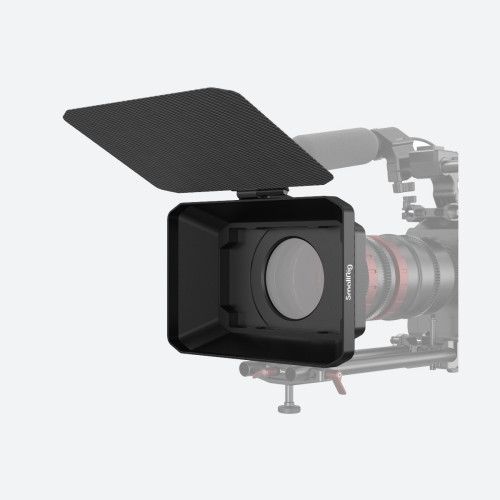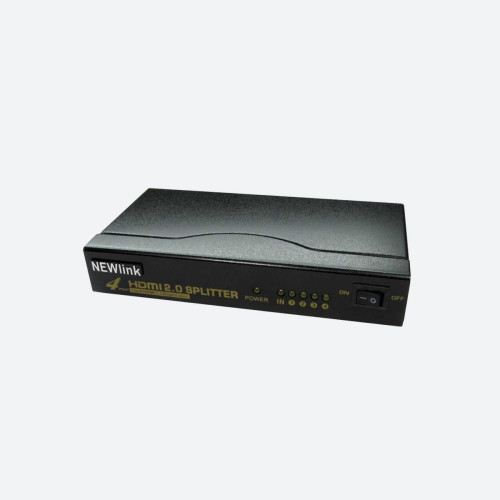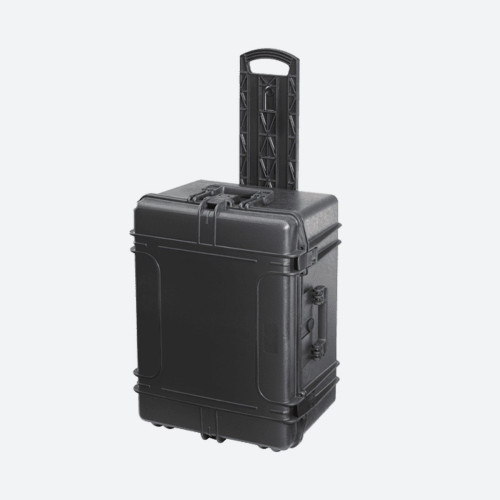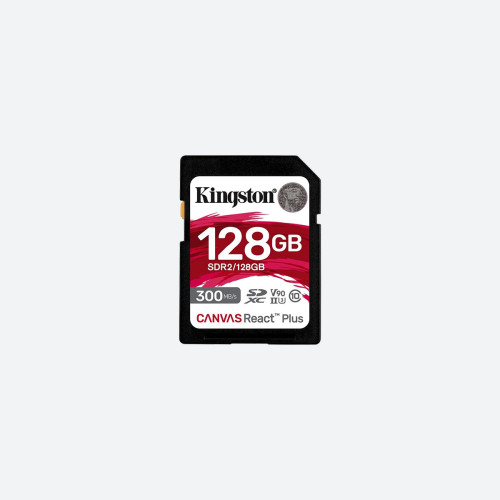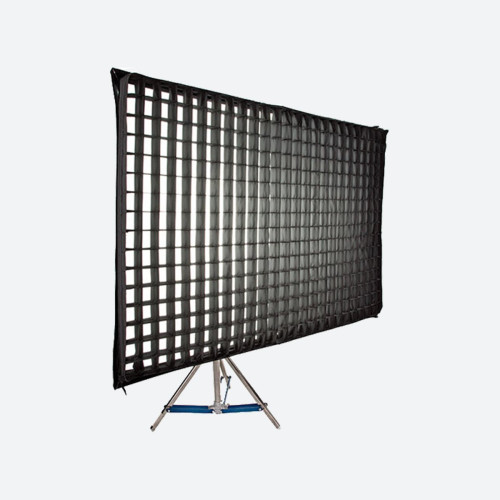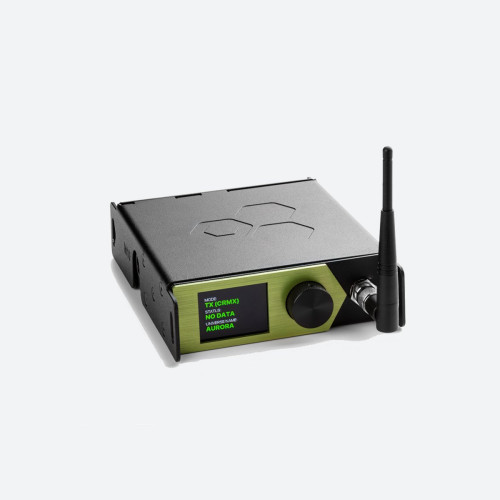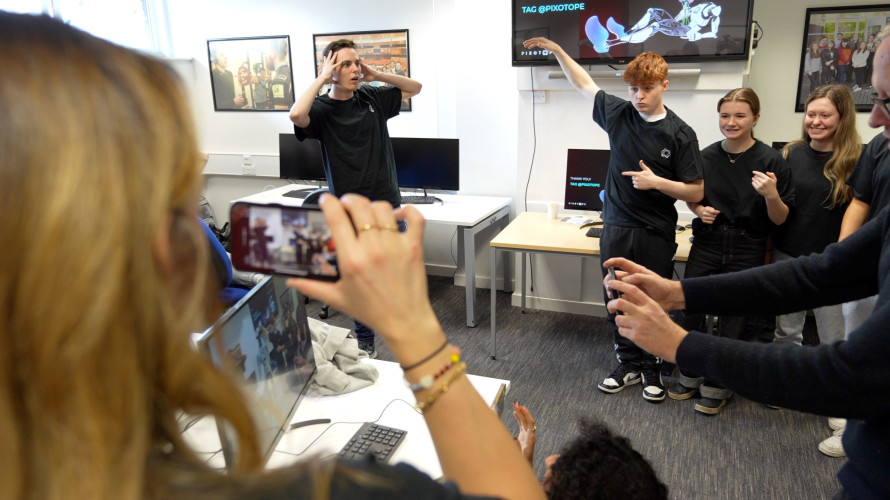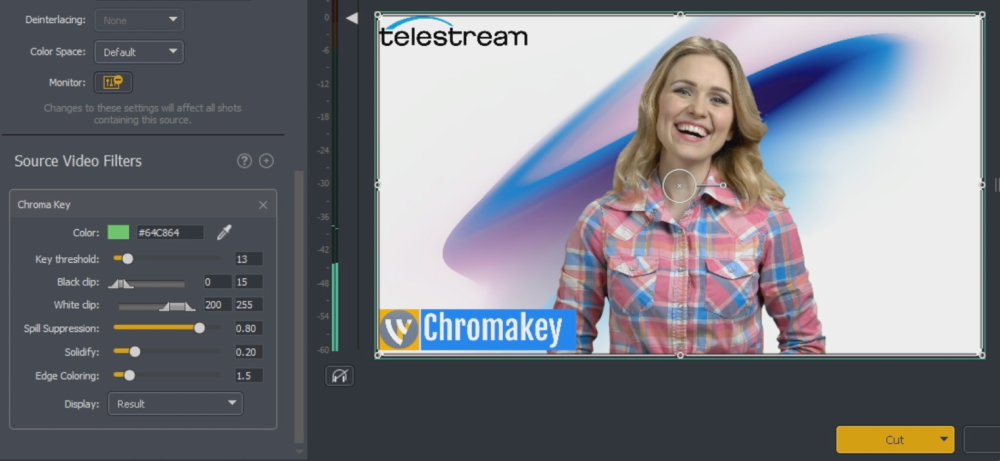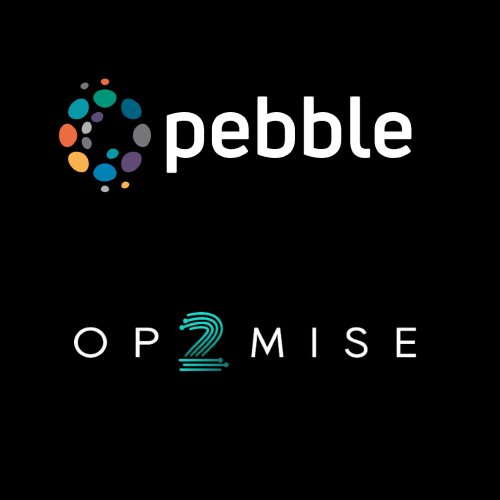by Dick Hobbs Issue 91 - July 2014
Just a couple of days ago, I went to a memorial service for a very nice man called John Wilson. If you have heard of John, it was probably for his work as the chairman of IBC in the 1990s, leading the move from Brighton to Amsterdam, then to an annual event, then to its management by an independent and professional organisation.
But his history was absolutely fascinating. He was one of those old-fashioned engineers who wanted to know how everything worked. His sister told a charming story at the memorial service of his disappearance, at the age of eight, on a liner crossing the Atlantic. Inevitably, he was finally found in the engine room, seeing what made the ship move.
Although he did what we would now call a student internship at the BBC in 1953, his first job was with EMI, where he had the chance to investigate and implement some of the first circuits which used the latest in technology: the transistor. Later in his career, while sales director of Link Electronics, he became interested in large screen electronic displays from companies like Eidophor, and indeed set up his own company to exploit them, Anna Valley Electronics.
And as I was contemplating his life during the service, I wondered what he would have made of an announcement I recently received from BBC. As part of a BBC experiment with virtual reality, it said, we recorded a Fiona Bruce news bulletin in 360 degrees video that, when viewed through a virtual reality headset like the Oculus Rift, you can look around the entire BBC News studio and production gallery as though you are there in person.
Oculus is, of course, the start-up business founded by a fresh-faced lad with the improbable name of Palmer Lucky which was recently snapped up by Facebook for somewhere around $2 billion. Luckys idea was hardly original: there have been virtual reality headsets around for a couple of decades, one way or another.
Lucky was lucky (sorry, but that had to be done) because he had another go in an era when processing power is cheap. So he could throw lots of graphics into the unit, which in turn meant that he could put really big screens inside the headset. With a 120 field of view, the results are really immersive.
Or so I am told, because of course I do not have one. The Oculus website is still taking pre-orders for the product at $350 each. There may be a wait: development kit version 2 (or the beta test, as we used to call it) is currently predicted to be delivered in August this year.
But BBC Future Media has one, and it tried its immersive news video out on a broad spectrum of people lurking around Salford Quays one day. And they put a video of their reactions on their blog (bbc.in/ThjQHN). One nice old gentleman said its rather frightening, and a disconcerting number of younger testers seemed to want to put their heads between their knees.
As you might guess, there was a pretty strong correlation between the degree of enthusiasm for the idea and the inverse of the age of the commenter. And, as regular readers know, I am a boring old man, so you would expect me to be a bit fuddy-duddy.
One of the most telling comments in the video was from a lady who got quite concerned when Fiona Bruce got up and left the set. She had clearly been drawn deeply into the presentation. Which must have delighted Mr Lucky, because that is his goal: to create an experience which is so immersive you believe it to be real.
The biggest users of the Rift, and devices like it, are sure to be ardent gamers. But is there scope for other applications? Cyrus Saihan of BBC Future Media suggests there might be. Imagine if you could watch a nature documentary and feel as if you could reach out and touch the animals, he wrote, or feel as if you were on stage with a band during a music festival or on the pitch during a football match.
I am really not sure I want to be in the middle of a pride of lions, thank you, or indeed on a football pitch while there is the very real prospect of a Uruguayan biting my shoulder. But the idea of seeing the best of Glastonbury from the stage is actually quite appealing. And I am sure the creative minds of our industry could come up with other experiences which would benefit from being immersive.
On the other hand, it is only a couple of years since we were telling broadcasters not to waste their money on 3D because no-one would want to watch television wearing special glasses, and become immersed in the screen to the exclusion of all else. So will there be a mass market for this immersive, completely isolating experience?
Saihan thinks so. Virtual reality has the potential to be the next generation platform, he wrote. What do you think? All I know is that I suspect John Wilson would be on the pre-order list.




